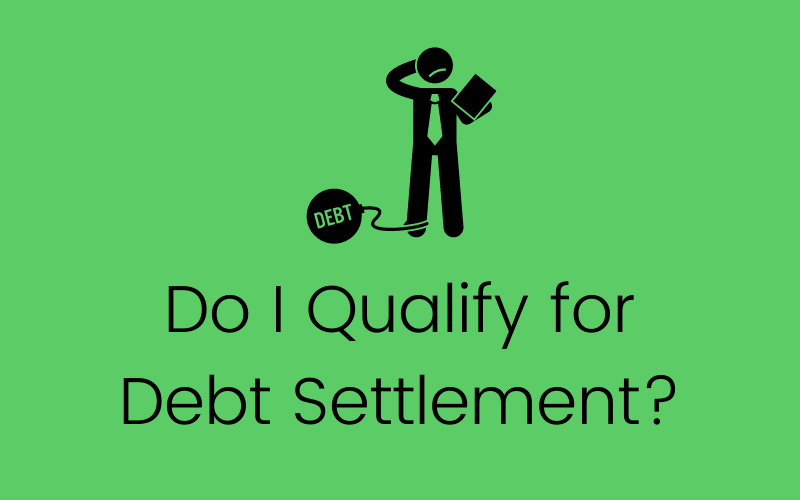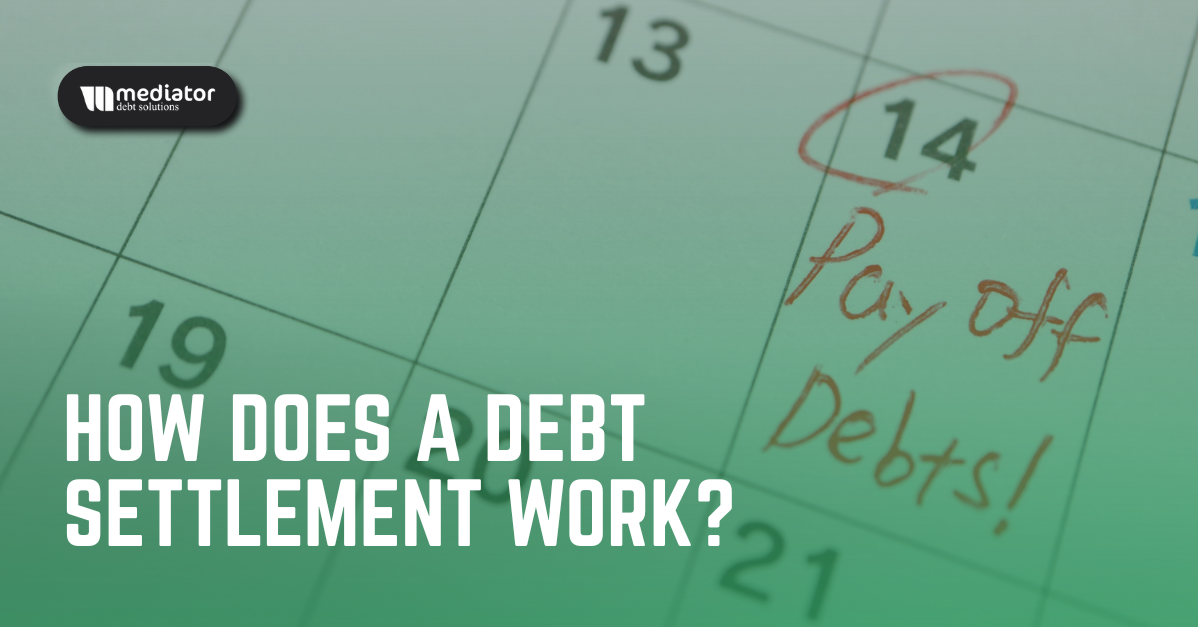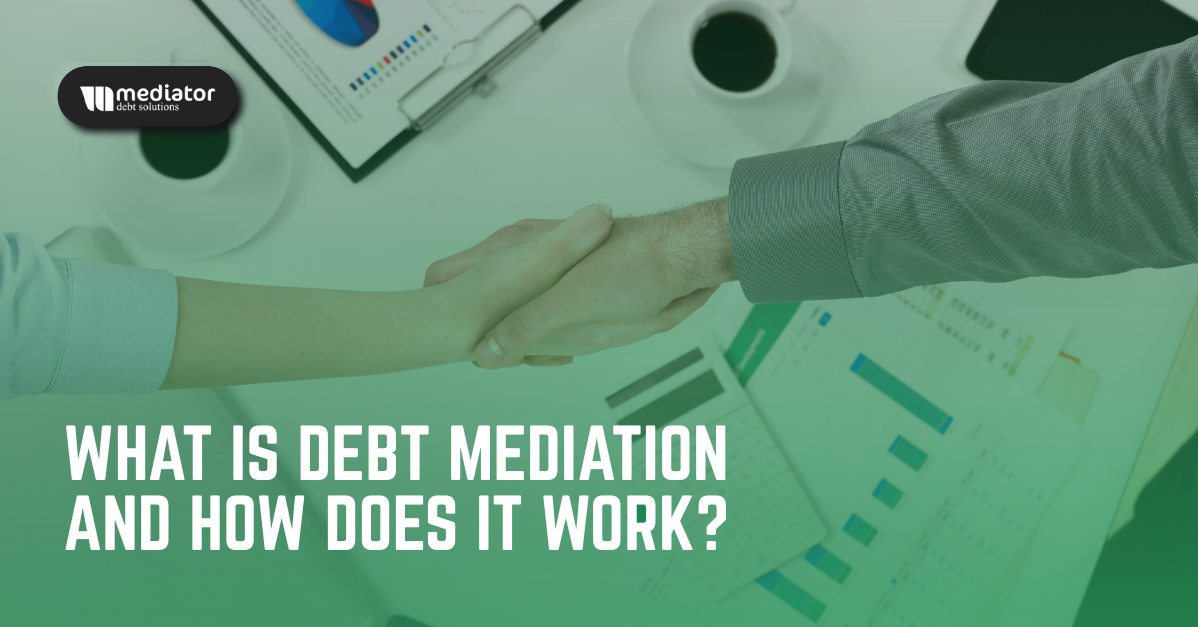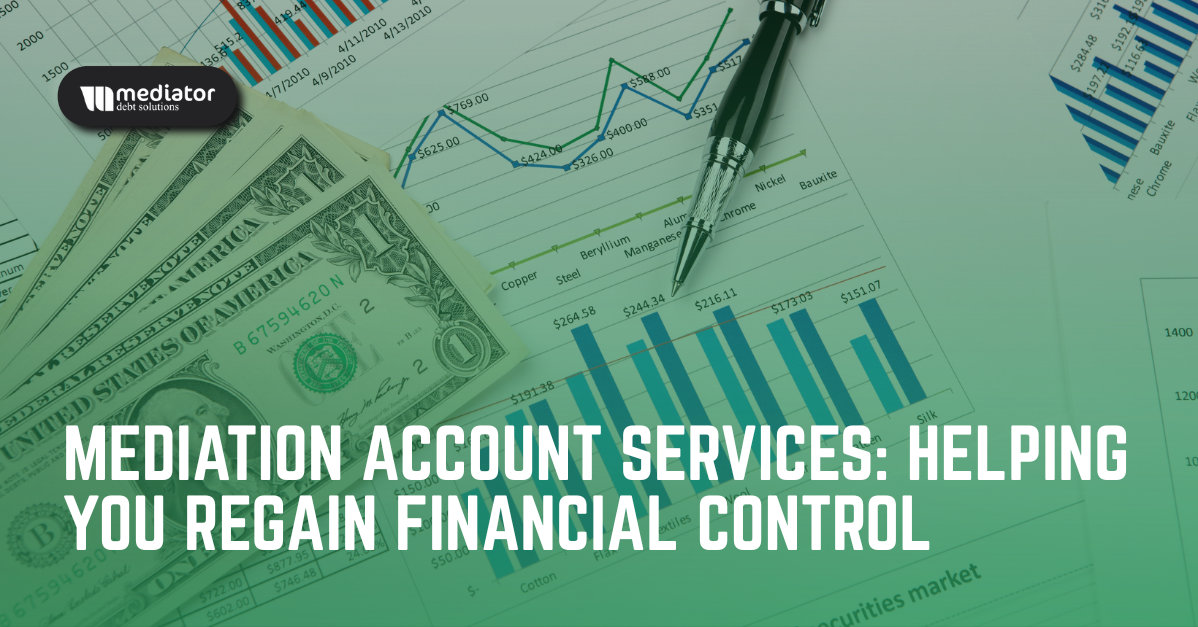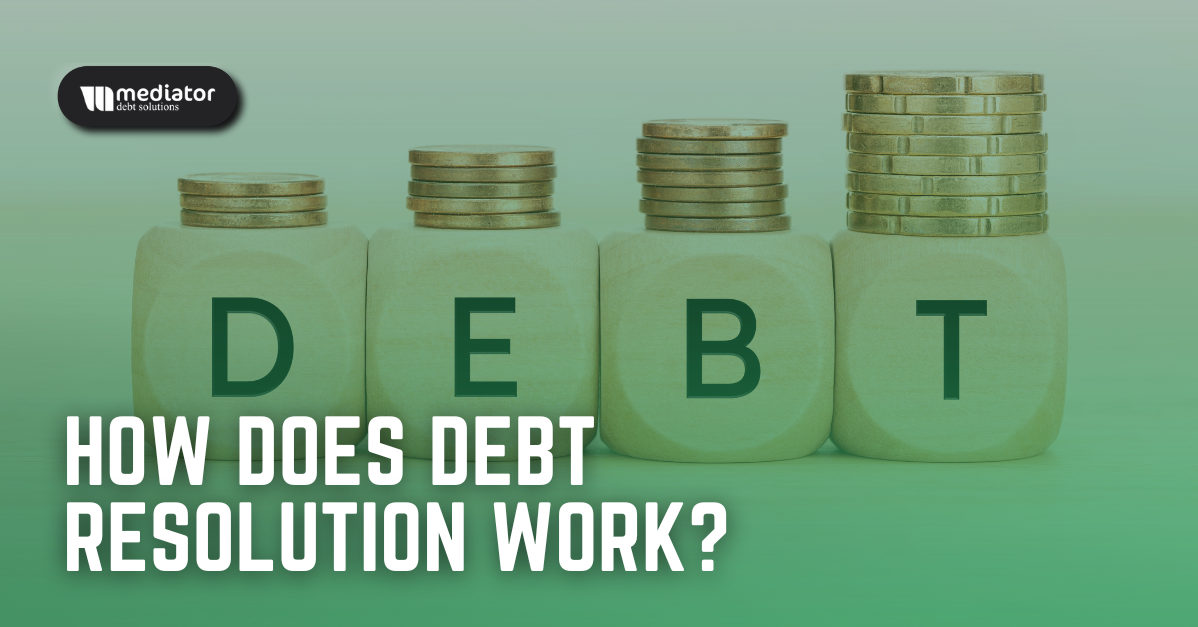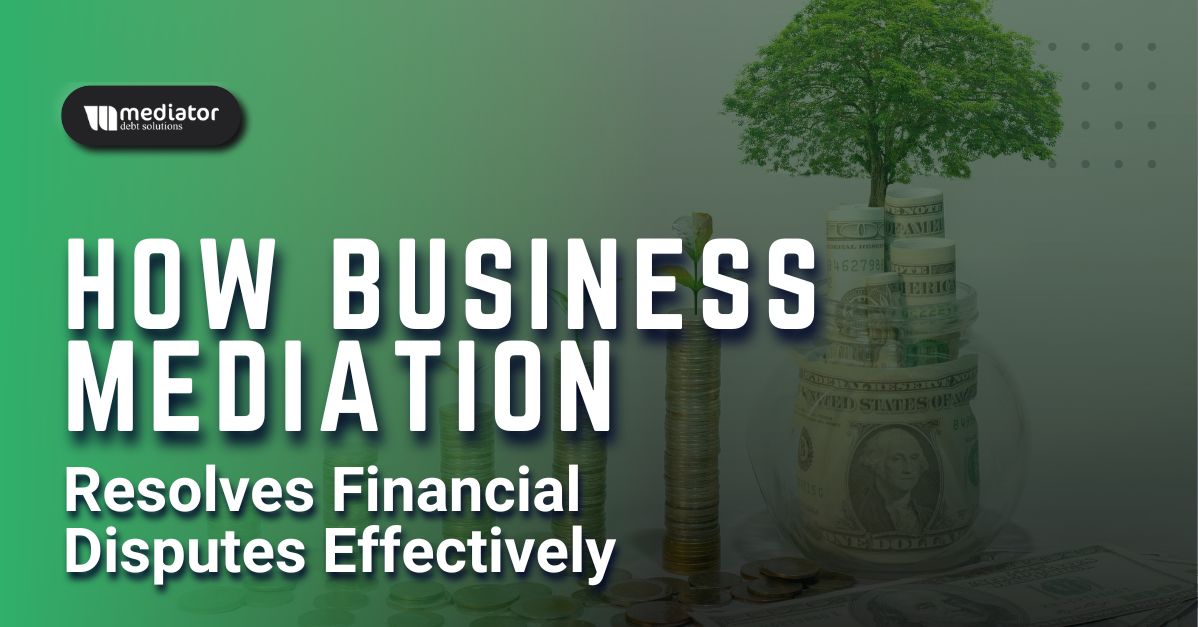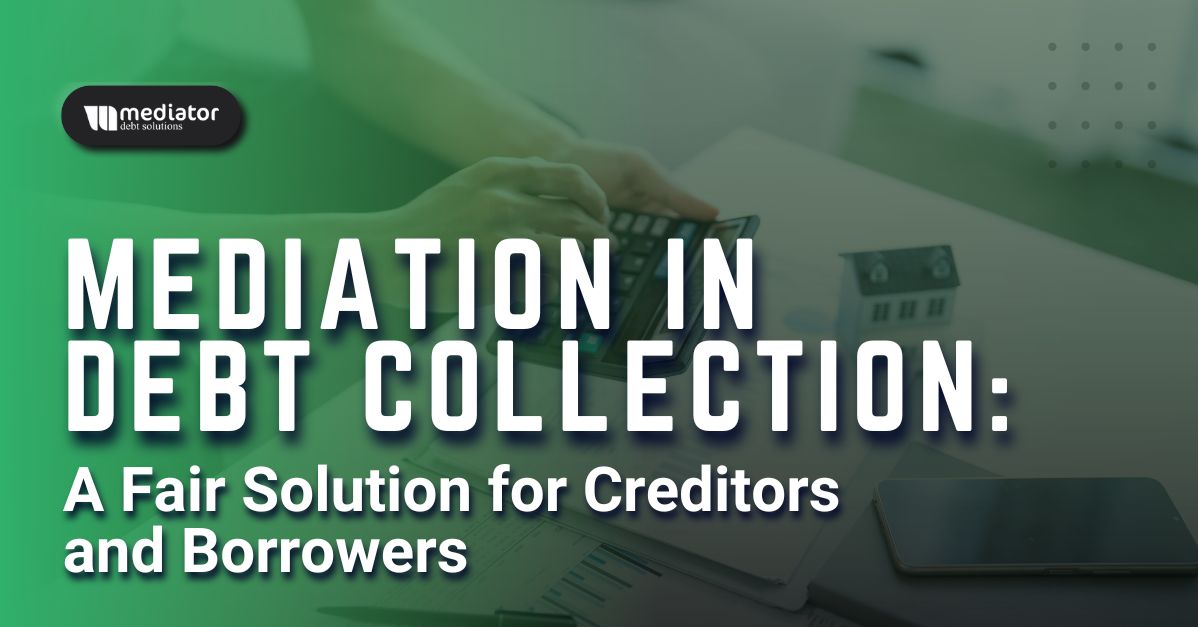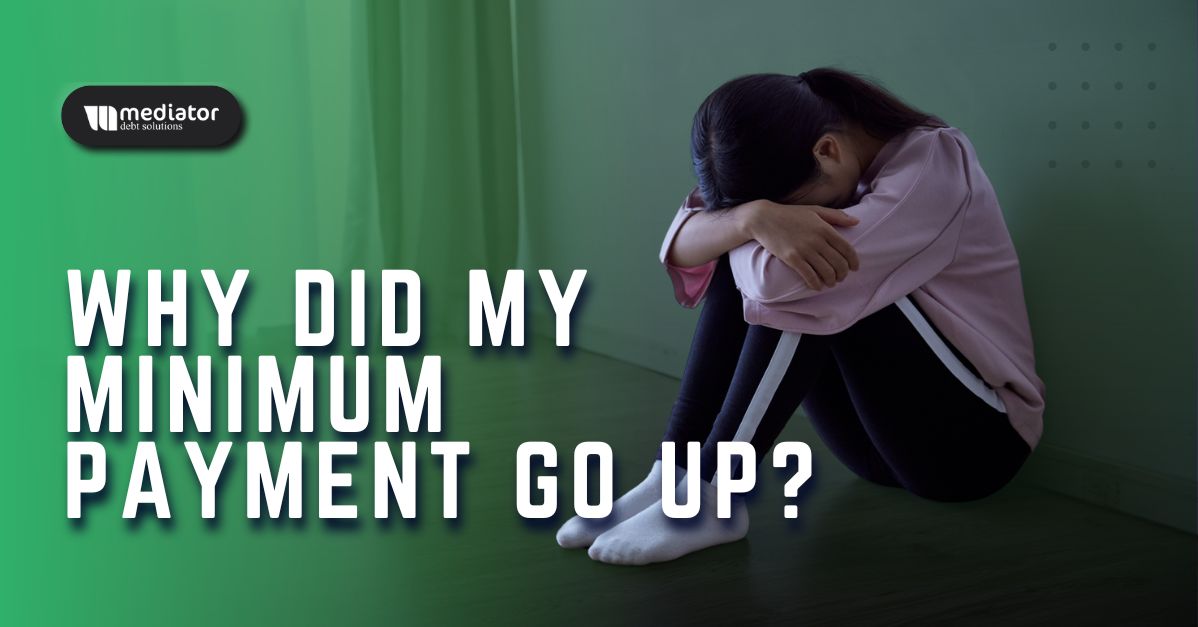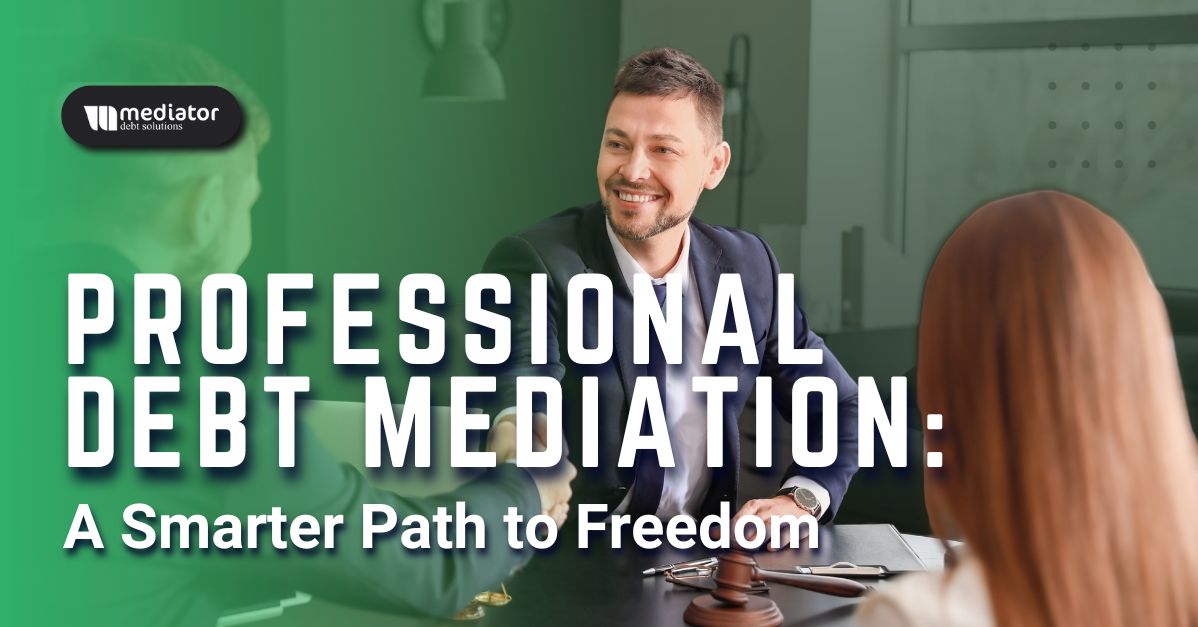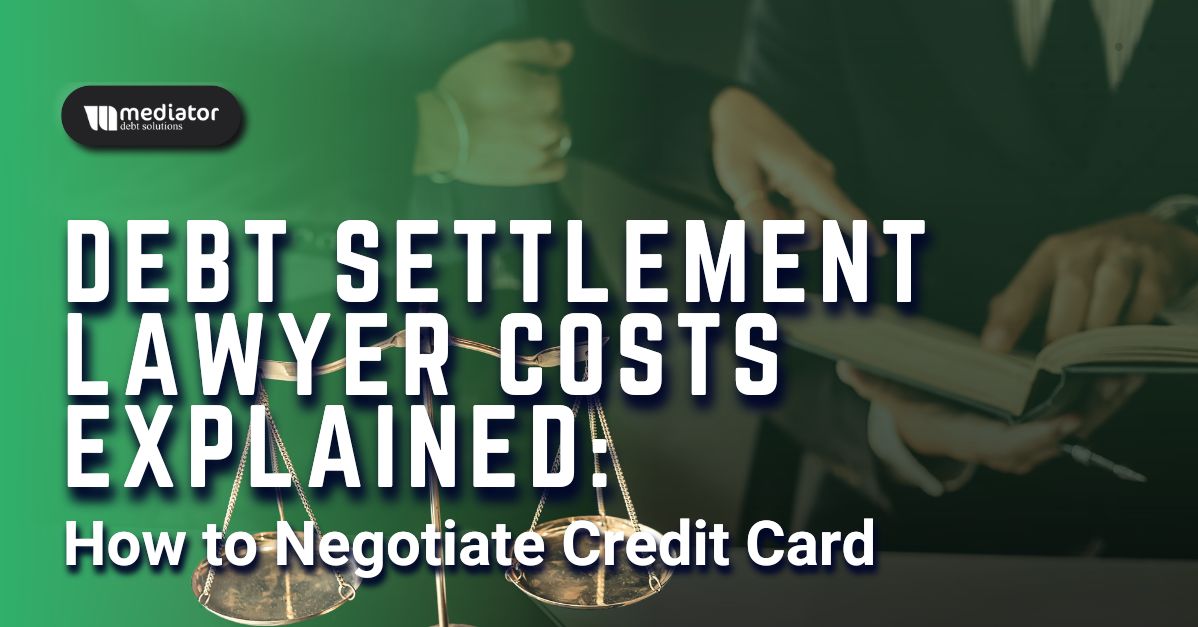If you’re in debt, you may be confused by the situation and want guidance. You’re not alone if you’re concerned! According to recent research, the typical American household’s credit card debt has increased to nearly $16,000!
Personal loans, medical bills, and home purchases are some of the debts that can be relieved. Many people go after debt settlement as it seems like the cheapest way to get out of debt. While the debt settlement approach is not suitable for everyone, its flexible nature makes it applicable to a wide range of financial circumstances.
For individuals and families seeking an alternative to bankruptcy, there is simply no better option to get out of debt. Now, is debt settlement the debt relief you need?
What is Debt Settlement?
Debt settlement, sometimes called “debt relief” or “debt adjustment,” is a method of resolving delinquent debt that involves promising the lender a large lump-sum payment rather than paying off the entire amount you owe.
Debt settlement is a technique by which you could negotiate with your creditors to reduce the amount of money you owe. Depending on the circumstances, debt settlement offers can range from 10% to 50% of what you owe. The creditor then has to choose whether or not to accept any of the proposals.
Consumers might either pay off their bills or hire a debt settlement firm to handle it for them. In the latter scenario, you’ll have to pay a charge that’s based on your enrolled debt percentage. The amount of debt you have when you join the plan is known as enrolled debt. The company can’t charge this fee until your debt has been satisfied under the law. Fees average around 20% to 25%.
According to Freedom Debt Relief’s analysis of AFCC data, debt settlement is by far the most cost-effective alternative compared to credit counseling or making minimum monthly payments.
Do I Qualify For Debt Settlement?
Here are some suggestions for determining whether Debt Settlement is right for you:
- Do you have genuine financial difficulty?
Loss of income, medical concerns, or divorce/separation are the three most common reasons for debt problems. These are genuine financial difficulties that may affect anybody at any time due to no fault of their own, and each one of these situations can wreak havoc on a family’s budget.
Debt Settlement isn’t a “free lunch” for those who don’t want to pay their bills. If you are in over your head as a result of a bad situation and prefer to negotiate with your creditors rather than file bankruptcy, Debt Settlement may be an honorable and ethical debt relief option.
- Are you dedicated to becoming debt-free?
Debt Settlement is a more aggressive debt relief method, therefore it has its drawbacks. Your level of dedication to persevering through the tough times, even when the road gets bumpy, can often make or break your success.
Debt settlement can help you get through your financial problems sooner and for less money than any other debt relief method.
- Are your financial problems primarily caused by credit card debt?
Negotiating unsecured debt includes lines of credit, signature loans, repossession liabilities, financing contracts, department store cards, miscellaneous bills, and other sorts.
The greatest discounts, on the other hand, are generally obtained through credit card obligations; as a result, if the bulk of your debt burden is made up of credit card debt, you can anticipate excellent results from Debt Settlement.
- Is your monthly expenditure adequate?
With a debt settlement program, you’ll need to be able to accumulate money for settlement at a steady rate. A decent rule of thumb is that you should be able to set aside 1.5% of your debt amount each month. So, for example, if you have $30,000 in unsecured debt, you should be able to put aside $450 per month on a regular basis. This would allow for a three-year regimen of study.
Budgets change from month to month, so you may set aside 1% one month and make up for it the next by setting aside 2.0% over time, as long as the average is about 1.5%. Because of the flexibility, it’s particularly well-suited for folks that make money in spurts due to overtime pay, seasonal cycles, or commission-based earnings. However, if you’re funding the plan on a monthly basis below 1.5%, the length will grow until you become dissatisfied with the lack of achievement.
Do you have any additional resources available to assist you?
A debt settlement company can provide a variety of additional resources to clients. Extra money is a plus in debt reduction programs. Small inheritances, insurance payouts, cash-value life insurance policies, and even borrowing from friends and family are just a few of the alternative sources of funding that many customers have used to take advantage of extra-large debt reductions
Debt settlement does not require the usage of these resources. They’re simply a good bonus to have!
What Happens if I Don’t Qualify?
Debt settlement isn’t for everyone, as we’ve noted before. If you don’t qualify for a debt settlement program, there are other options that may be suitable for you.
- Bankruptcy
It is conceivable that a Chapter 7 bankruptcy may be a more expedient option for certain debtors. It’s a formal procedure that prevents collection calls and lawsuits. Debt settlement does not provide the same guarantees as Chapter 7 bankruptcy.
Chapter 7 bankruptcy can take more than three to six months, whereas debt settlement might take years. It’s less stressful and may help your credit score recover faster, though bankruptcy will stay on your credit report for 10 years.
- Minimum Monthly Payments
Making consistent monthly payments while accruing a lot of interest may make you highly lucrative to your lenders, and yes, good payment history is beneficial to your credit score.
However, we don’t recommend spending more than you need to improve your credit score. A good credit score will not pay for your retirement; money in the bank will.
- Credit Counseling
Credit counseling is accessible through non-profit organizations and government programs for free or at a minimal cost. These services are frequently partly paid for by credit card firms, which is odd in itself. You can save money on your debts and penalty costs by signing up for a debt management program with a credit counseling agency.
Consumers who have $2,500 to $15,000 in unsecured debt and only need a reduction in their interest rate to make the payments feasible are best advised to seek credit counseling.
Mediator Debt Solutions and You
Maybe debt settlement isn’t for you and you’ve found that another debt relief option is the path you should take. There are no hard feelings here! But, if debt settlement is for you, let us just say this: Mediator Debt Solutions is here for you!

